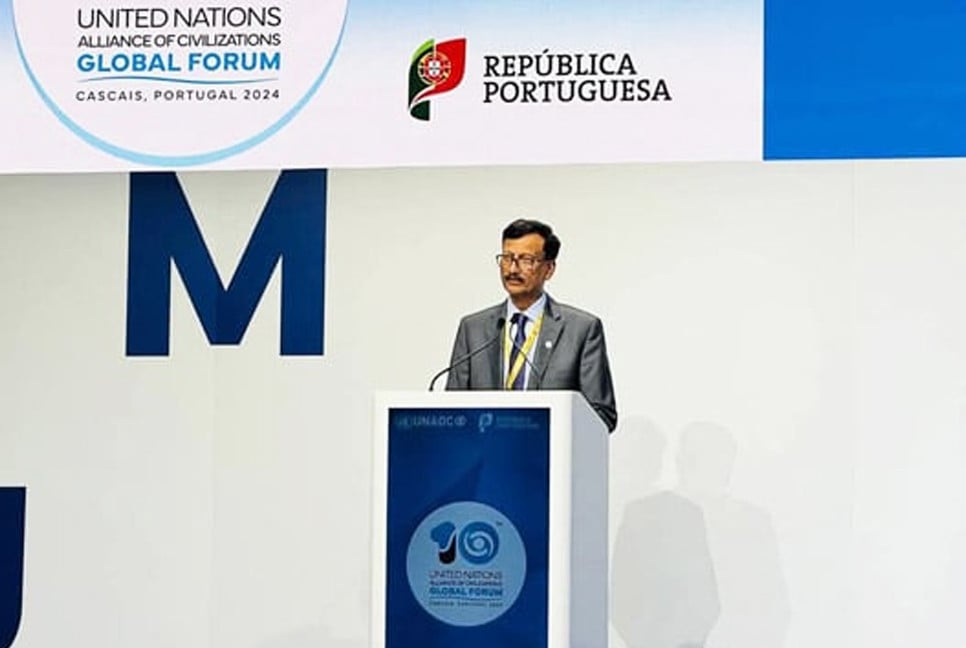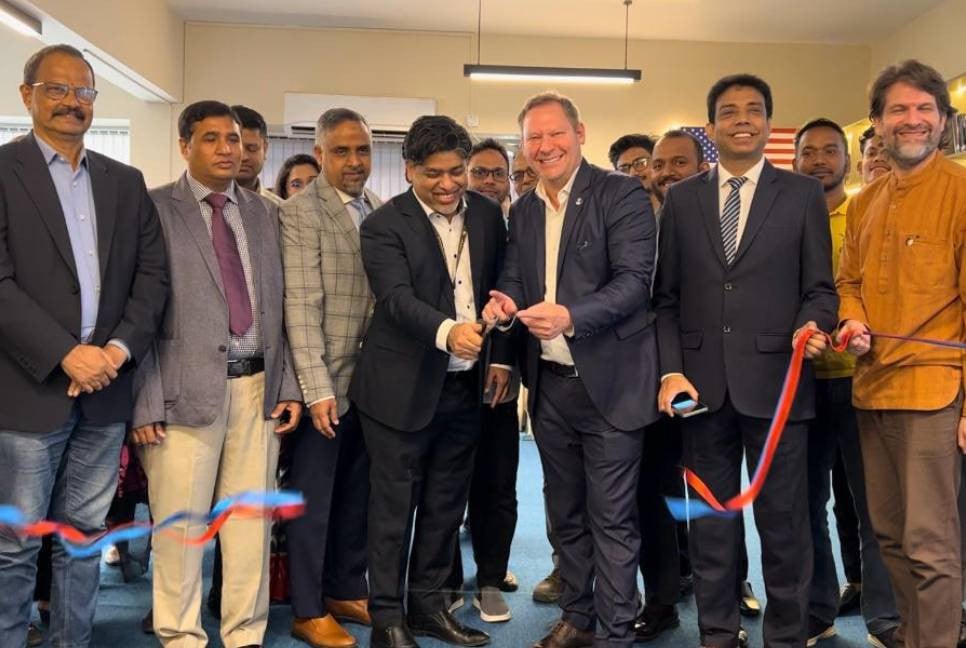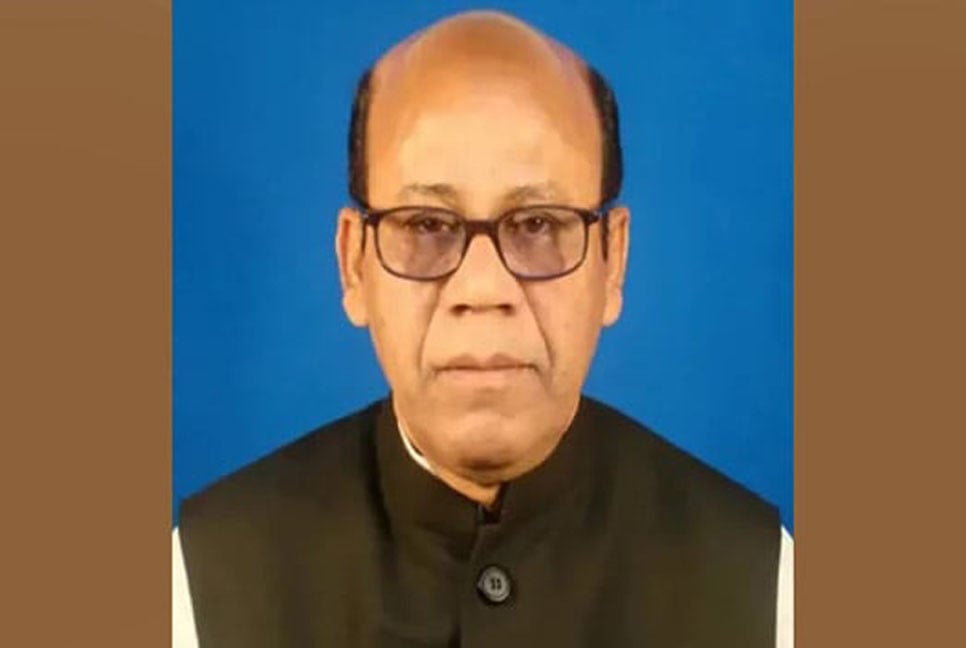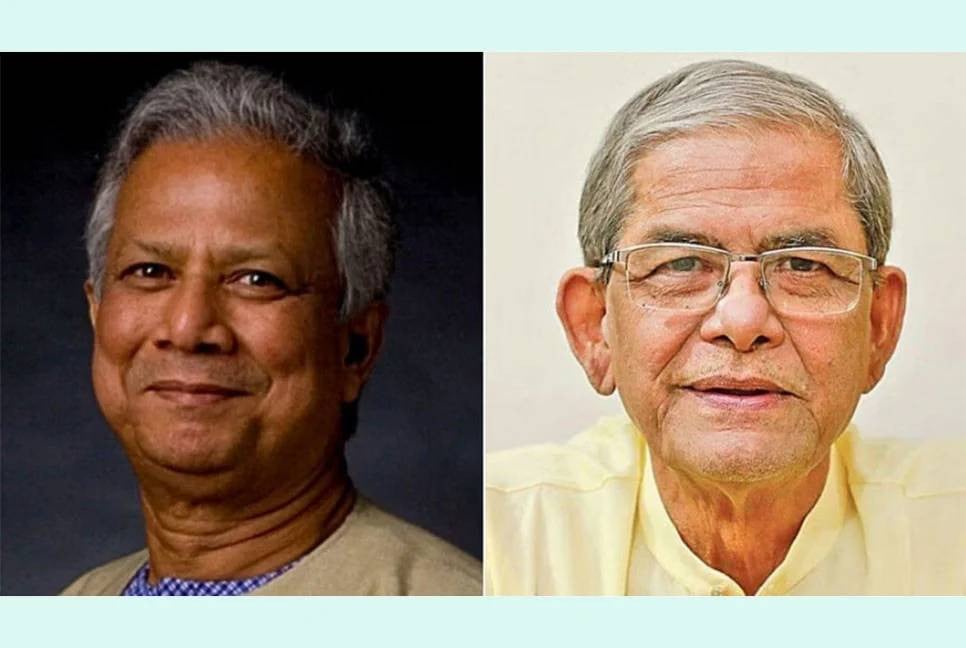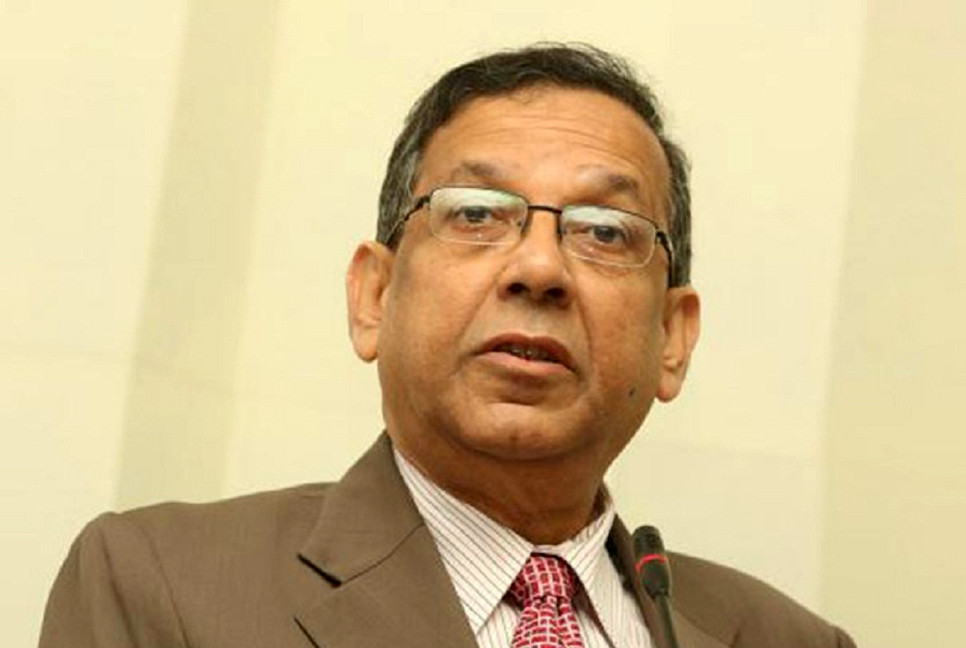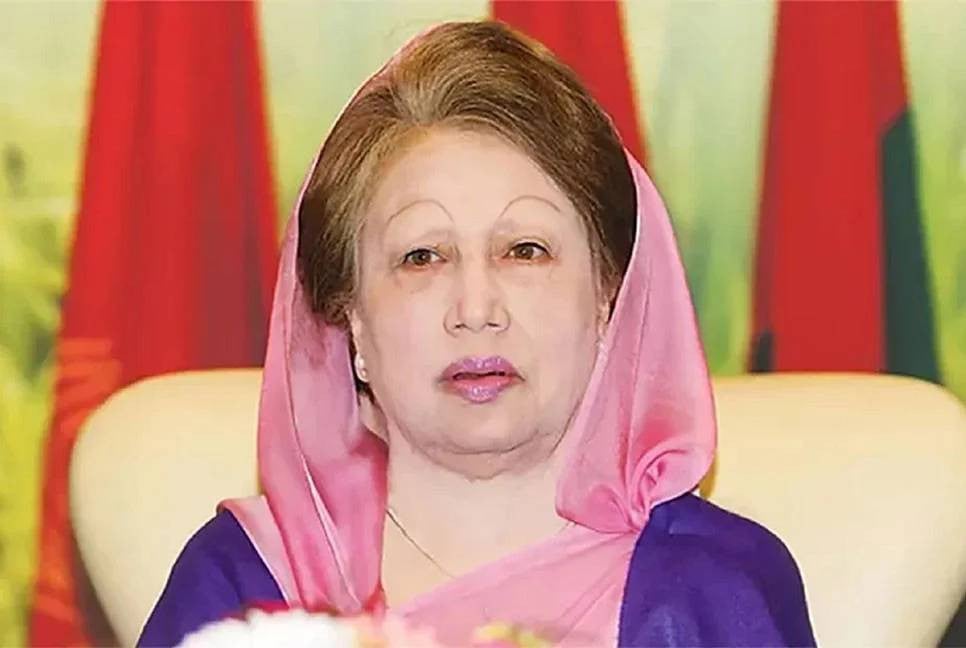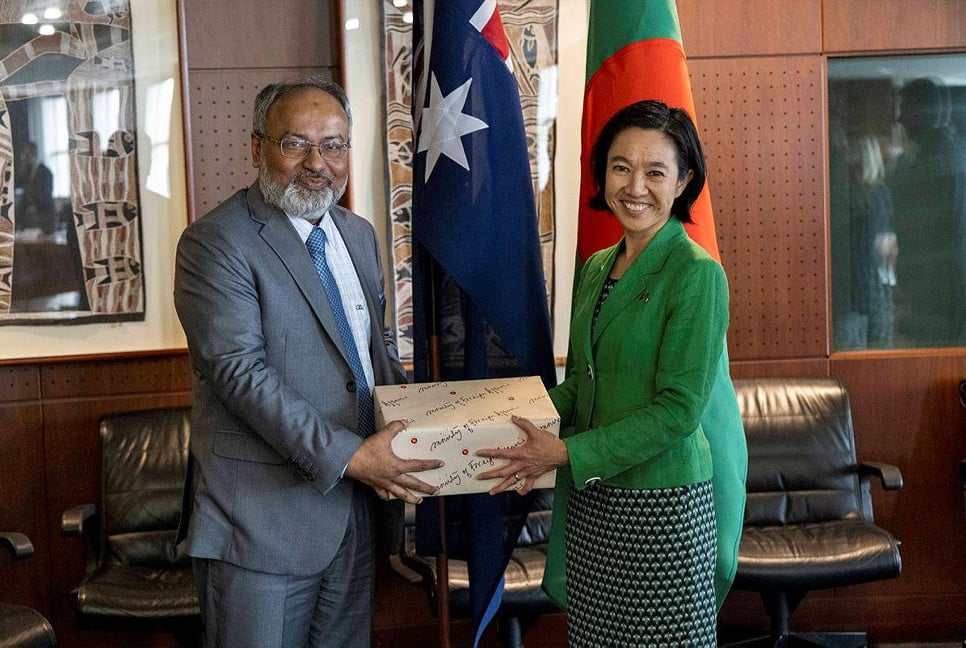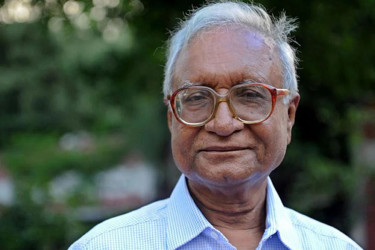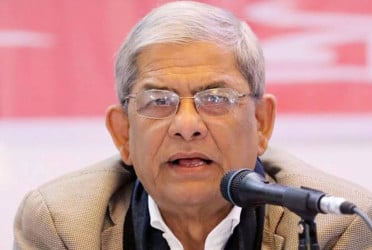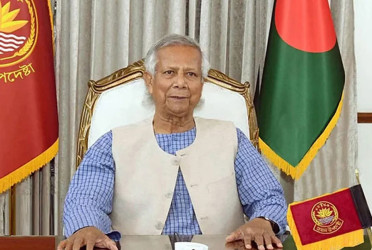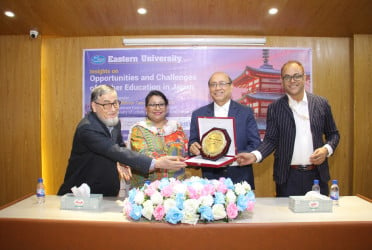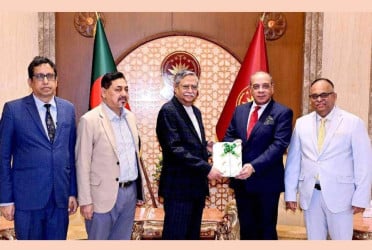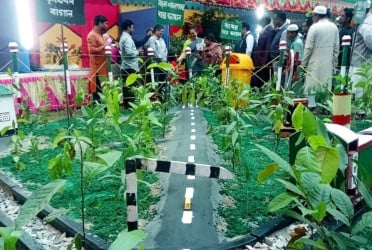Environment, Forest and Climate Change Minister Saber Hossain Chowdhury has said Japan’s continued support in transforming from a climate vulnerable country to a green, sustainable and prosperous country through green investments, capacity-building and technology transfer would be of crucial importance for Bangladesh, reports UNB.
The environment minister said this during a meeting with Motome Takisawa, state minister of the Environment for Japan, in the Bangladesh Permanent Mission to UN in New York on Monday.
Saber highlighted that Bangladesh is a solution oriented country and the government is committed to building the country as champions or role models, not as victims.
He invited Japan to invest in materialising the Mujib Climate Prosperity Plan (MCPP), through which Bangladesh aims to transform its vulnerability to resilience and then to prosperity.
He sought Japan’s support in meeting Bangladesh’s methane reduction goals, as part of its upcoming NDC and the actions to reduce emissions.
The minister also encouraged further research, knowledge sharing and capacity building in the fields of environment, biodiversity, forests, and climate change.
He proposed that the cooperation between Japan and Bangladesh could be enhanced through the Joint Crediting Mechanism (JCM) with a focus on capacity building under the Department of Environment.
Minister Takisawa recognised Bangladesh’s commitment to the environment and sustainability, demonstrated in its long-term initiatives like Delta Plan 2100.
He referred to existing cooperation between Bangladesh and Japan including through Asia Pacific Climate Change Adaptation Information Platform (AP-PLAT).
He also referred to the new technologies for waste management, which could be an important area of cooperation between Bangladesh and Japan.
Both sides discussed the upcoming multilateral negotiations, such as, Conference of Parties to UN Convention on Biological Diversity (UNCBD), Framework Convention of Climate Change (UNFCCC), and UN Convention on Combating Desertification (UNCCD) as well as in the ongoing negotiations of the Plastic Treaty and discussed the importance of aligning the position of both countries in matters of common concern.
The ministers expressed commitment to enhance existing bilateral collaboration in combating climate change, waste management, disaster risk reduction and early warning system, among others, and agreed, in principle, to proceed with concluding a memorandum of cooperation to deepen Bangladesh-Japan relationship in the field of environment, sustainability and climate change.
Bd-pratidin English/Tanvir Raihan


